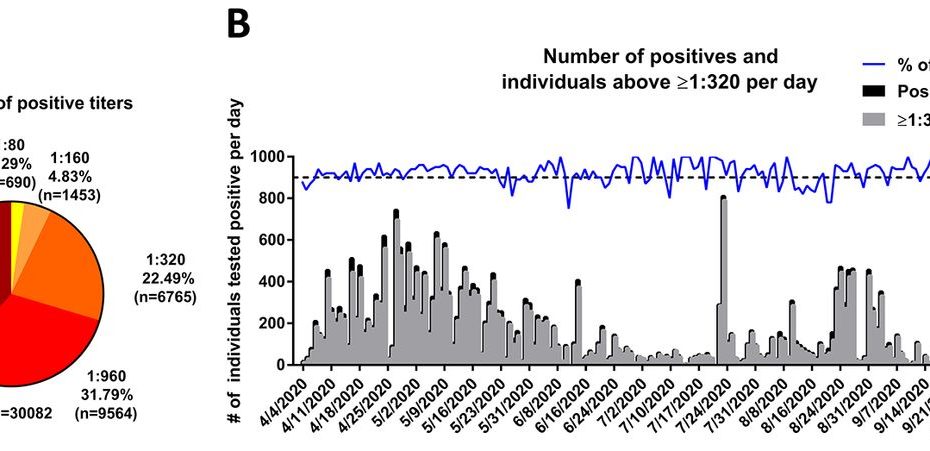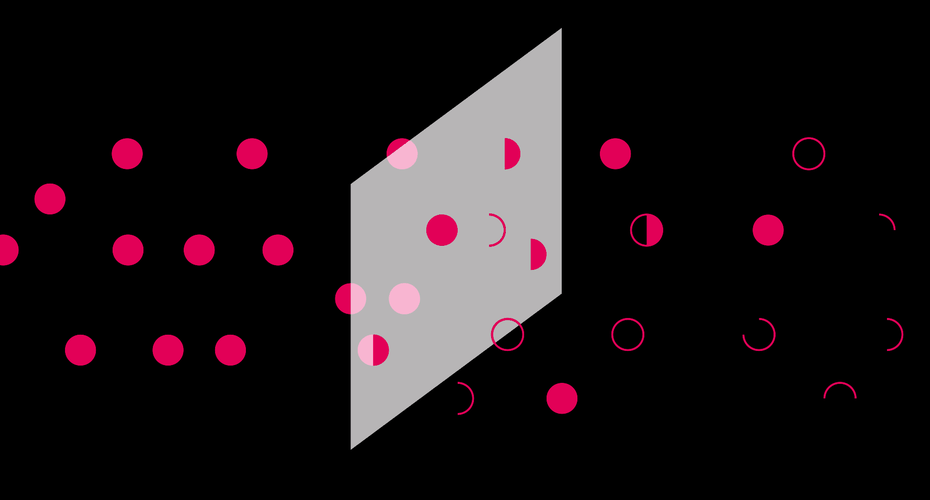Robust neutralizing antibodies to SARS-CoV-2 infection persist for months | Science
Abstract SARS-CoV-2 has caused a global pandemic with millions infected and numerous fatalities. Questions regarding the robustness, functionality, and longevity of the antibody response to the virus remain unanswered. Here we report that the vast majority of infected individuals with mild-to-moderate COVID-19 experience robust IgG antibody responses against the viral spike protein, based on a dataset of 30,082 individuals screened at Mount Sinai Health System in New York City. We also show that titers are relatively stable for at least a period approximating 5 months and that anti-spike binding titers significantly correlate with neutralization of authentic SARS-CoV-2. Our data suggests… Lire la suite »Robust neutralizing antibodies to SARS-CoV-2 infection persist for months | Science

